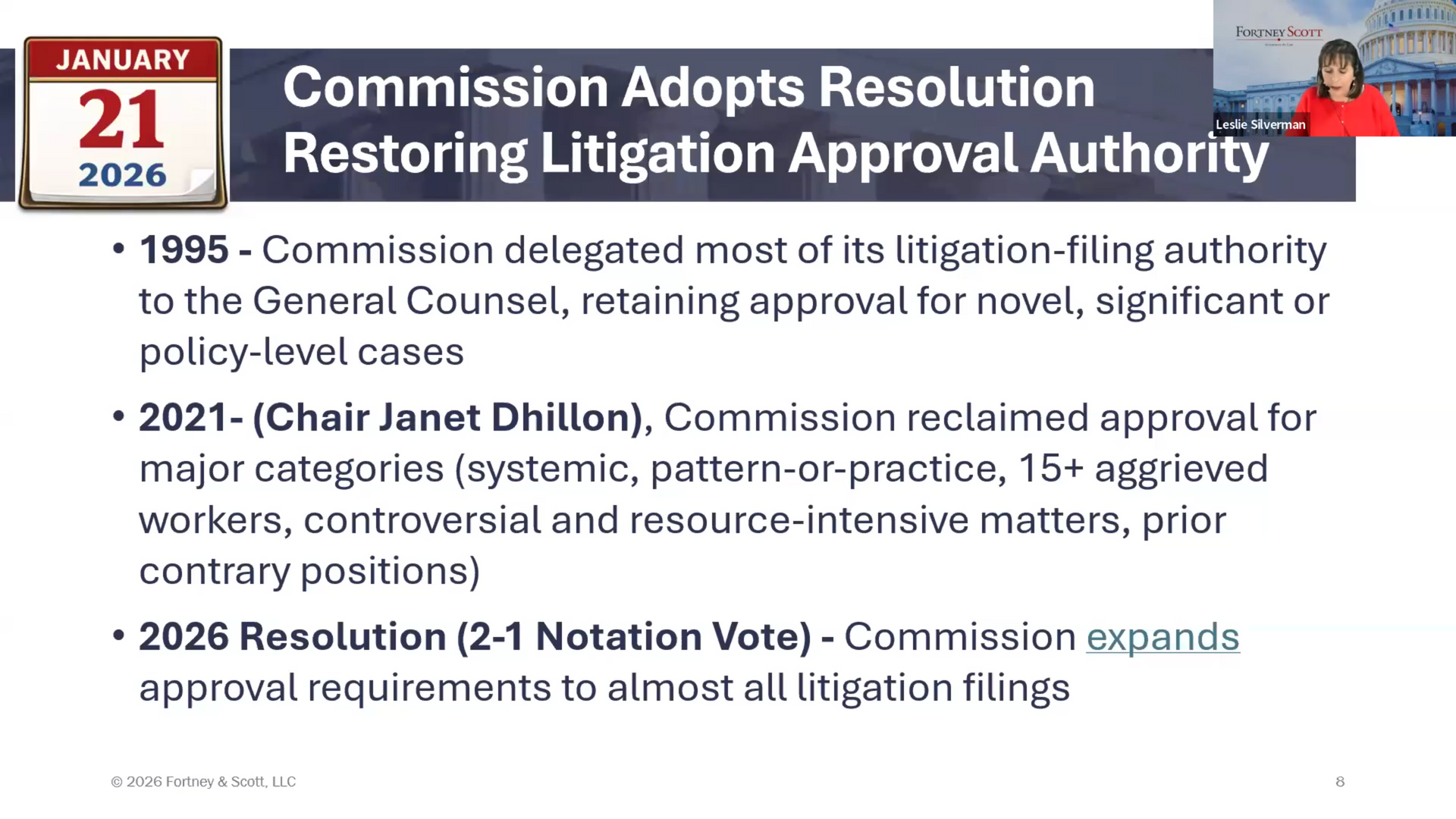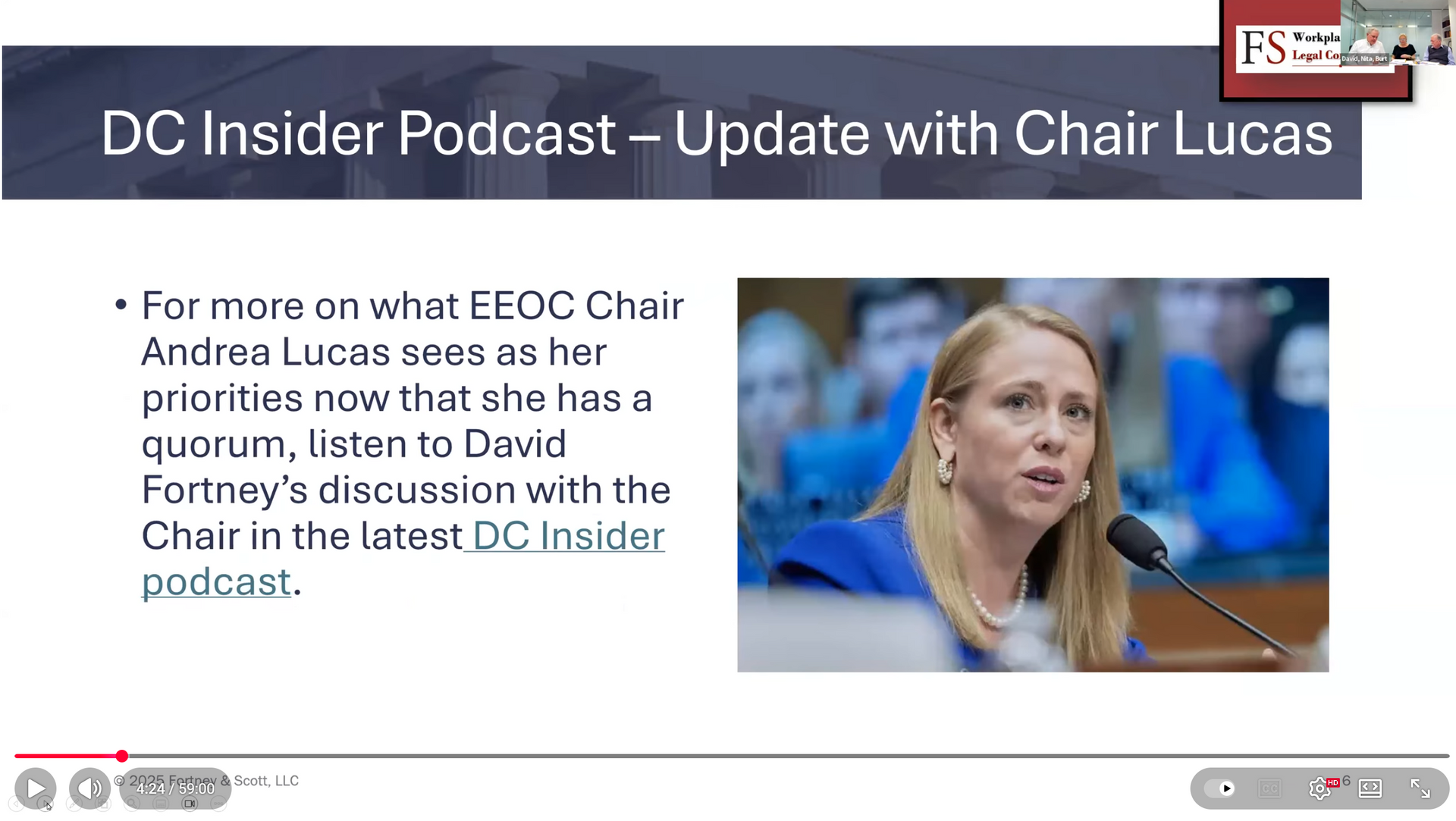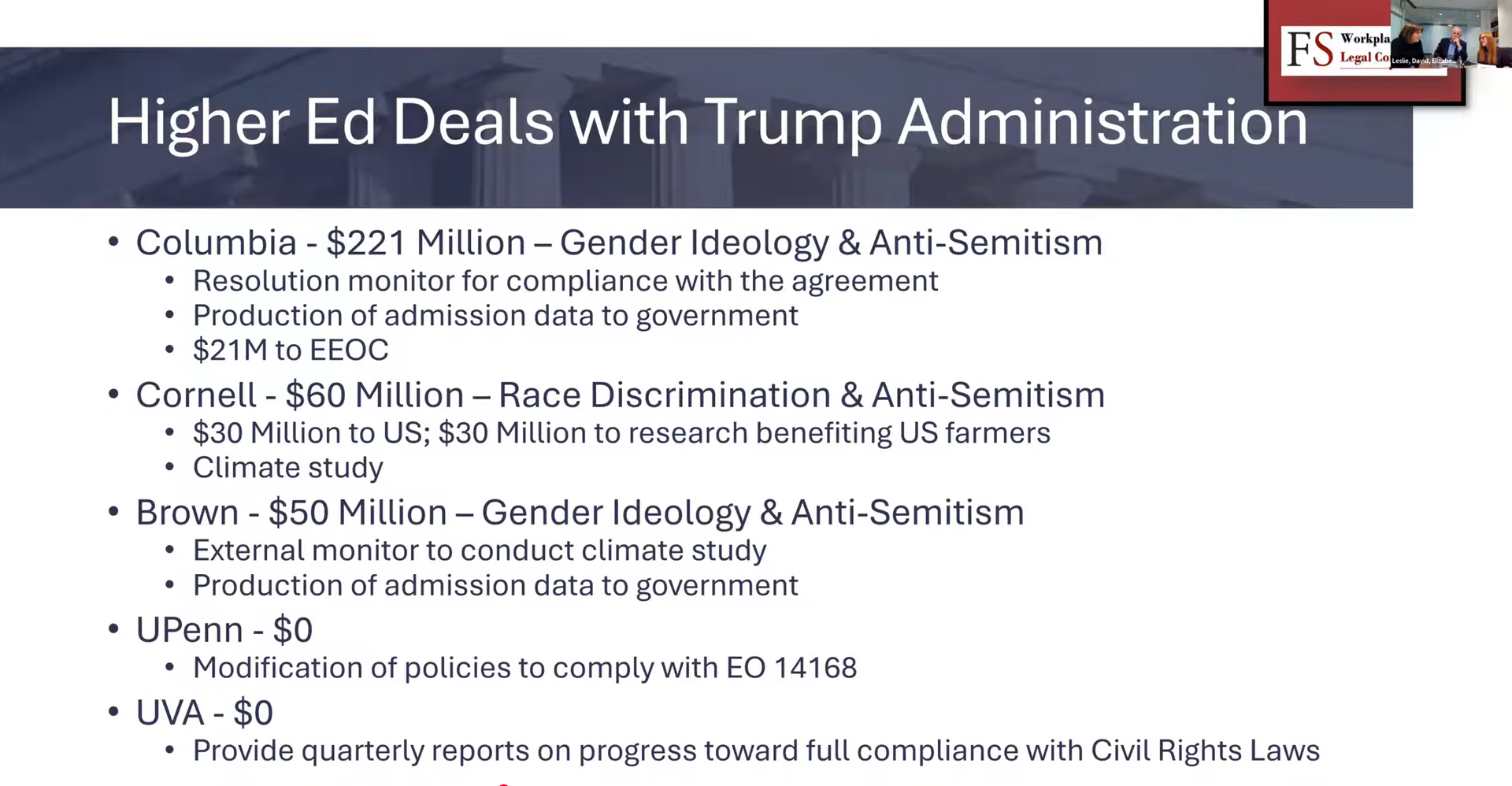Rulings Establish Precedent, but Judges Aren’t Forever
In a surprisingly narrow (albeit witty) per curiam decision, the Supreme Court vacated a ruling of the 9 th Circuit that held it was impermissible under the Equal Pay Act (EPA) to determine a salary differential solely on the basis of prior salary. Fresno County Superintendent of Schools v. Aileen Rizo.
In the original case, the District Court ruled that under the Equal Pay Act “a factor other than sex” included using prior salary to determine pay. On appeal – and on re-hearing by an en banc panel of 11 judges – the 9 th Circuit held that relying on such a factor could not be sustained under the EPA. Although all the judges on the panel agreed that Rizo’s case should go forward, the court splintered in arriving at a rationale for the decision. The only opinion that garnered as many as 5 votes held that reliance on prior pay was wrong because it perpetuated sex-based pay gaps when women change jobs. However, that opinion was written and joined by the late Stephen Reinhardt, who died before the decision could be issued.
That unfortunate event gave the Supreme Court an opportunity to vacate the case without addressing the vexing issue of the meaning of the EPA – an issue that has split a number of appellate circuits and which seems ripe for Supreme Court review. The grounds on which the Supreme Court’s ruling was based was simply that Judge Reinhardt could not be counted among those who support the 9 th Circuit’s ruling because he died before the decision was issued. This was an impermissible exercise of judicial power from beyond the grave. As an unidentified wag on the High Court wrote: “federal judges are appointed for life, not for eternity.”
The 9 th Circuit will likely appoint a new en banc panel and issue on new ruling, perhaps on similar grounds. In the meantime, the Supreme Court can continue to evade an important ruling on the reach and meaning of the Equal Pay Act at a time when efforts to amend it are before the Congress – again.

















